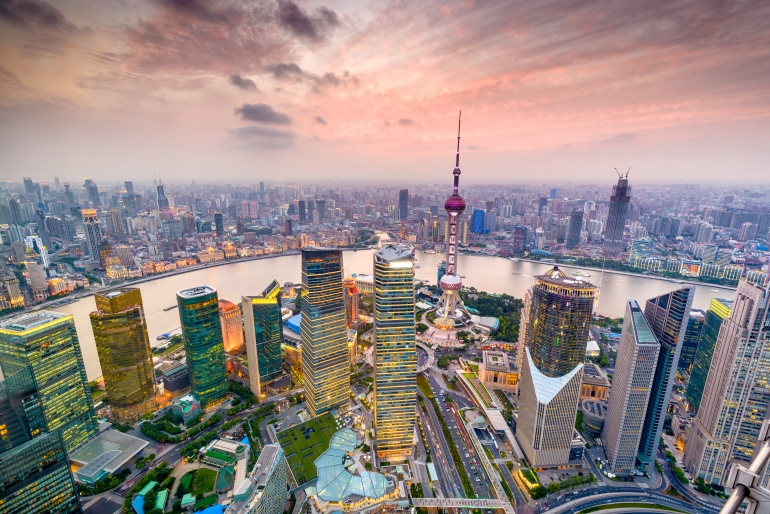Wed 10 June 2020
By Jayne He
On 1 June 2020, Co-Director of China International Business and Economic Law (CIBEL) Centre Professor Heng Wang spoke at a virtual conference on “China’s foreign aid during the Covid-19 pandemic” organised by the University of Edinburgh.
In his presentation on “The future paths of China to international order”, Professor Wang argued that there are two major new paths of China to engage with international order. One is “selective engagement” as shown in the US-China tension, and the other is “selective reshaping” as shown in China’s recent initiatives such as the Belt and Road Initiative.
Professor Wang pointed out that the selective engagement approach features selective focuses, which are highly mutable. This has been reflected in the US-China phase one trade deal that was signed in January 2020. This agreement has focused on market access and unilateral enforcement excessively. However, the future of this agreement is yet to know, and it remains questionable whether US and China will be further decoupling.
On the other hand, as Professor Wang mentioned in his recent paper, China has adopted a more proactive approach, which is referred as selective reshaping, in taking part in the international economic order by “uploading” China-preferred standards at the extra-regional level and developing China-led international institutions, such as the Asian Infrastructure Investment Bank.
Professor Wang pointed out that there is tension between two paths, ranging from the reliance on binding rules or non-binding rules, to the attitude towards flexibility.
The COVID-19 outbreak is a pressure test for governments and changes international order in ways never seen before. Multilateralism faces an increasingly grave risk, and decoupling may accelerate.
The WTO faces a challenge in the US-China relations (e.g., the insufficient capacity of addressing US-China disputes) and the COVID-19 crisis (e.g., protectionism). Selective engagement reduces the incentives for cooperation particularly between the US and China as the case with COVID-19 outbreak. All these exacerbate the challenges faced by multilateralism.
In a post-COVID-19 world, we may see increased protectionism and disintegration of production facilities and suppliers. The international economic order may evolve to a multiple polar order. More efforts are needed to promote a rule-based world trading system.
More of Professor Wang’s research may be found at ResearchGate, SSRN, Twitter @HengWANG_law, and LinkedIn.
